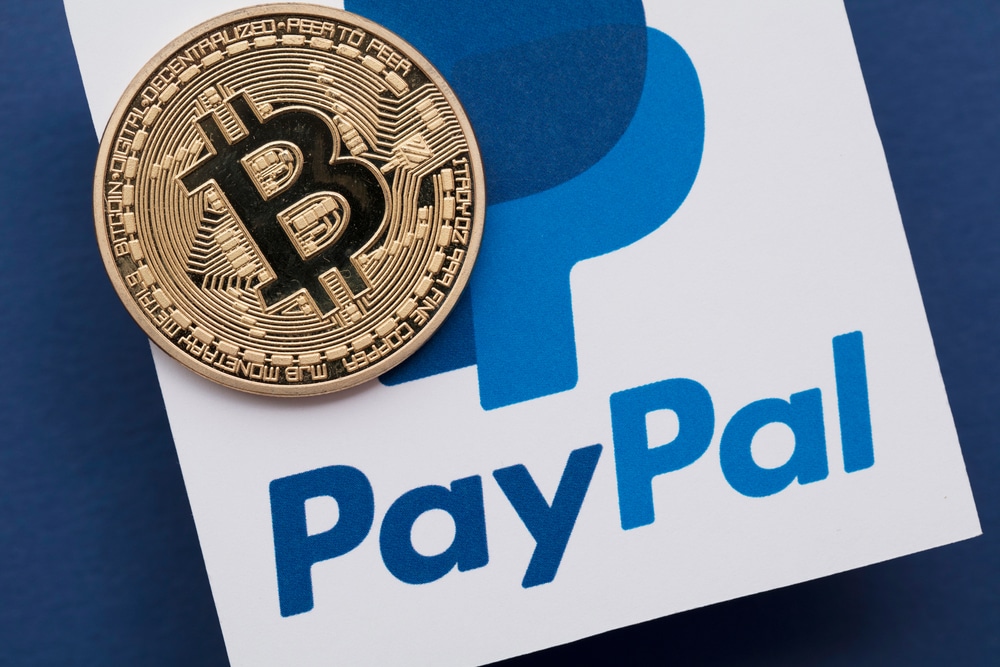What You Need to Know About Cross-Border Payment Transfers

Though increasingly common, cross-border payments need to be clarified for many potential users. This guide aims to elucidate the intricacies of this payment method.
Numerous businesses have faced challenges or ceased operations due to geographical constraints, limited interaction with potential clients, or inadequate payment systems. Cross-border payments offer a streamlined solution for transferring funds between regions overcoming language barriers and other potential hurdles. This guide delves into both the advantages and drawbacks of this system.
Defining Cross-Border Payments
Cross-border payments refer to financial transactions where the payer and the recipient reside in different countries. These transactions encompass wholesale and retail payments and remittances of funds sent back home.
In simpler terms, cross-border payments involve the transfer of funds between different regions or countries.
Mechanics of Cross-Border Payments
Contrary to traditional methods, cross-border payments don’t rely on the tangible transfer of currencies. These transactions operate on closed-loop systems, meaning funds aren’t physically deposited into the recipient’s bank account. Instead, banks or financial institutions maintain accounts for their foreign counterparts and vice versa.
Varieties of Cross-Border Payments
Cross-border transactions can be executed through several means, including:
- Credit Cards
- Bank Transfers
- Alternative Payment Methods
- International Wire Transfers
- International ACH
- Prepaid Debit Cards
- PayPal
- Paper Checks
- E-Wallets (utilizing cryptocurrencies)
Furthermore, cross-border payments can be broadly categorized into:
- Wholesale Cross-Border Payments
- Retail Cross-Border Payments
Wholesale cross-border payments primarily involve transactions between financial institutions, supporting customer activities or international operations, such as foreign exchange, equity and debt trading, commodities and securities, derivatives, and borrowing and lending.
Wholesale transactions also facilitate corporate business operations and financial services, including fund transfers across subsidiaries and cash management. Additionally, governments engage in substantial transactions with foreign counterparts and businesses through wholesale channels.
Conversely, retail cross-border payments pertain to transactions between individuals and businesses, covering transfers from individuals to businesses, person to person, and business to business.
Regional Payment Preferences by Location
Transactions across borders are influenced by the specific region in which one resides. Its prevalent options determine the available payment methods in a given location. Among these methods, Credit and Debit Cards stand out due to their widespread acceptance.
In certain regions, such as Eastern Europe, Russia, Latin America, and China, Alternative Payment Methods (APM) are standard. For instance, E-wallets are extensively used in China, contributing significantly to its revenue, particularly in 2019. In contrast, Russia and Eastern Europe often utilize Web Money’s eWallet, and in Latin America, prepaid cards like AstroPay are notable.
To maximize revenue, employing payment methods familiar to the region is essential. Collaborating with local partners knowledgeable about the area and incorporating multilingual services through local translators can be beneficial.
Understanding Crypto Cross-Border Payments
Crypto cross-border transactions involve moving digital currencies between secure wallets across different geographical areas. These digital assets can be changed upon arrival into conventional money for cashing out.
Digital currency payments are a more straightforward and more economical solution than usual money transfers. They are quick, cost-efficient, and help mitigate the threat of illicit money movements. These transactions support the United Nation’s objectives for Sustainable Development, targeting a drop in remittance expenses to 3% by 2020, down from an earlier 6.5%.
Deloitte has indicated that blockchain transactions can counteract terrorist financing and money laundering, especially as many cryptocurrency platforms have adopted Know Your Customer Checks for user verification. Significantly, these platforms can also serve areas without traditional banking infrastructure.
However, crypto cross-border payments have their limitations. The cost-effectiveness of these payments can vary based on the specific cryptocurrency used. For instance, transactions involving Bitcoin or Ethereum might be more expensive. Additionally, the volatility of some cryptocurrencies can pose challenges, and the intricacies of blockchain technology might be challenging for the average individual to grasp. Monitoring the crypto market is also complex due to the plethora of digital assets available.
Final Thoughts
The range of cryptocurrencies apt for international transactions is more extensive than those listed. As you consider expanding your scope, you must acquaint yourself with different digital currencies and recognize the benefits of transnational payments. Adopting these approaches can streamline dealings for enterprises and individuals, surpassing the constraints of conventional monetary frameworks.
DISCLAIMER: It's essential to understand that the content on this page is not meant to serve as, nor should it be construed as, advice in legal, tax, investment, financial, or any other professional context. You should only invest an amount that you are prepared to lose, and it's advisable to consult with an independent financial expert if you're uncertain. For additional details, please review the terms of service, as well as the help and support sections offered by the provider or promoter. While our website strives for precise and impartial journalism, please be aware that market conditions can shift unexpectedly and some (not all) of the posts on this website are paid or sponsored posts.









